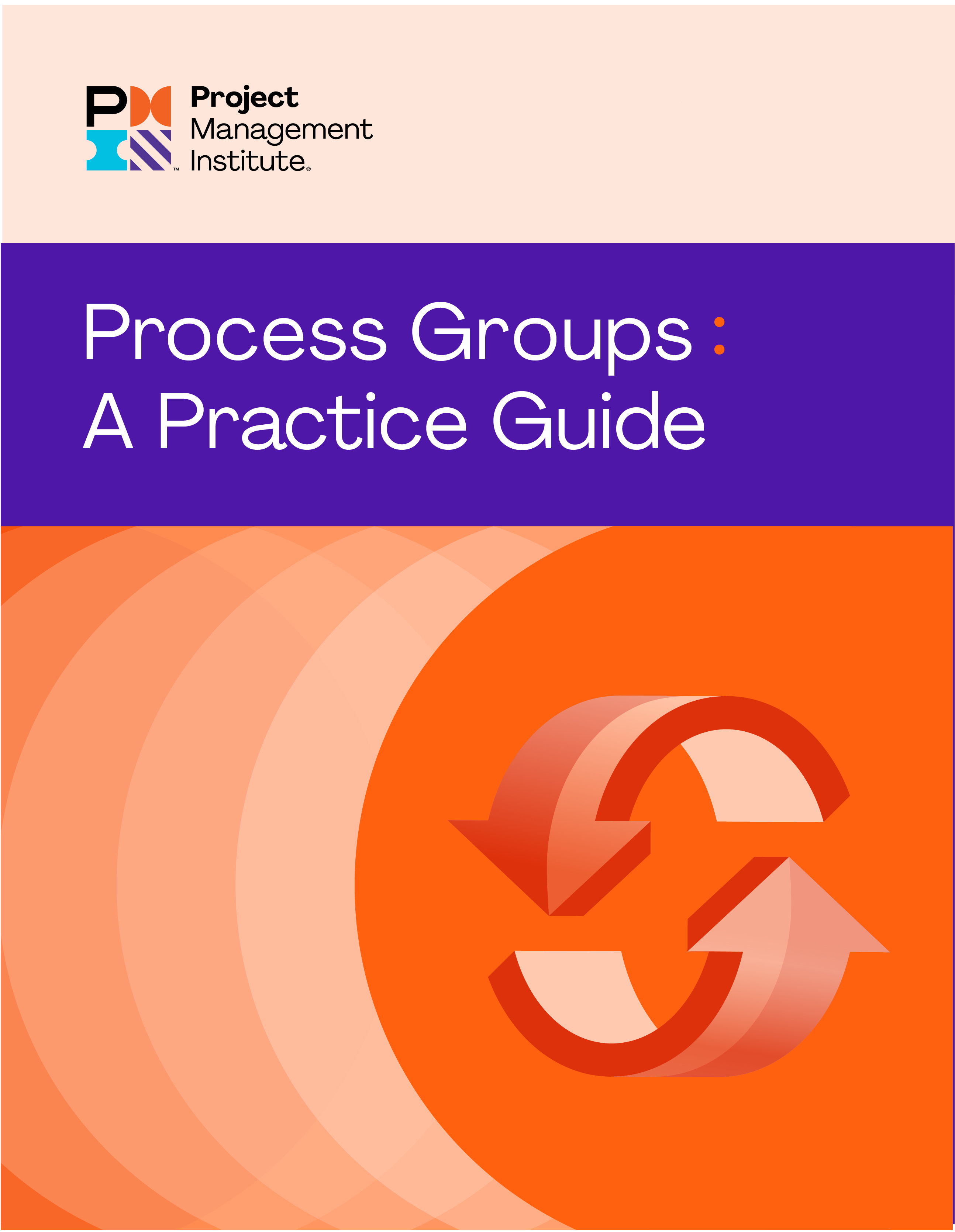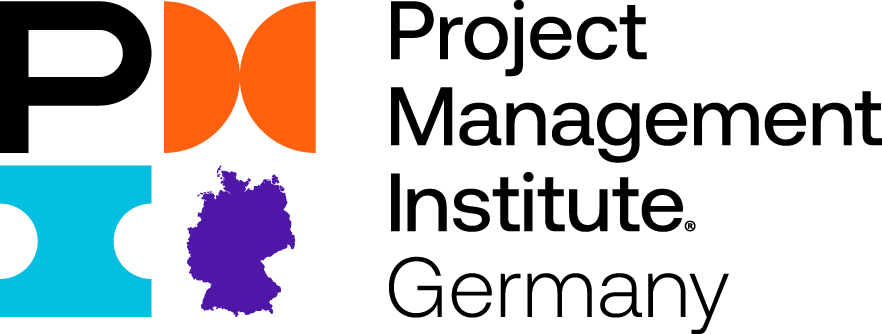In version 7 of the PMBOK® Guide, the process orientation (initiation, planning, execution, monitoring and control completion) for managing projects was completely removed and replaced by twelve principles of project management.

In particular, many practitioners who are responsible for projects that are to be carried out in a process-oriented manner have missed an important and for them very important element for the implementation of process-oriented projects with the omission of the project processes and the five process groups.
This gap has now been closed with the Practice Guide: Process Groups. The Practice Guide contains practical and useful instructions for the process-oriented (waterfall) approach in project management and is therefore an excellent supplement to version 7 of the PMBOK® Guide, which has been requested by many practitioners.
Members of PMI can download the Practice Guide free of charge: Practice Guide: Process Groups



